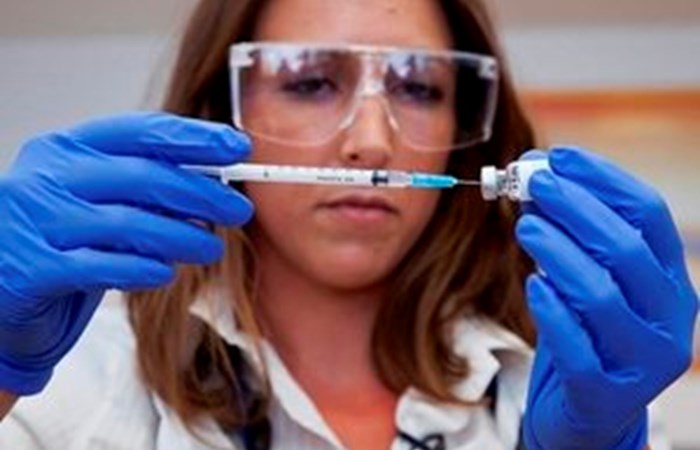govt

The plague, which causes fever, chills, head and body aches, vomiting and nausea within a few days, came close to affecting nine countries last year, including Tanzania, Mozambique, Kenya, Ethiopia and South Africa, and becoming a larger scale epidemic that could threaten health security and damage economies.
The disease which can rapidly spread between humans through airborne droplets - affected more than 2,000 people and led to around 200 deaths.
Rapid response by the UK and international partners prevented the plague from claiming more lives and reduced the risk of it spreading internationally, including to the UK.
International Development Secretary Penny Mordaunt said:
Deadly diseases like the plague have no respect for borders. Preventing outbreaks like this, as well as Ebola and Zika, saves lives around the world and stops them reaching the UK, which is firmly in all our interests.
UK aid helped stop the potential spread of plague across Africa. Our support helped the World Health Organization send vital doses of antibiotics to Madagascar to deal with the crisis, making us all safer.
Cruel diseases like the plague have no place in the modern world and our rapid response with international partners stopped this from becoming a global health threat, which would have endangered more lives and destroyed economies.
With our support, the World Health Organization (WHO) sent out more than 100 international experts to deal with the crisis, along with 1.2 million doses of antibiotics, and also set up nine specialist treatment centres in Madagascar to care for those affected. The UK is a major funding partner for the WHOs new Health Emergencies Programme, which has been successful in helping to contain this outbreak and others such as Ebola in Democratic Republic of the Congo and of Marburg virus on the Ugandan/Kenyan border.
UK aid, through DFID and the Department of Health and Social Care, funded a team of three public health experts who flew to Madagascar and provided advice in monitoring the disease, preventing further infection including through introducing border surveillance and safe burial practices.
DFID has also been supporting WHOs regional office in Africa to help them prepare, prevent and respond to disease outbreaks rapidly in 21 countries at risk. For example, strengthening the surveillance systems for yellow fever in Angola and the Democratic Republic of Congo to enhance the detection of Zika.
Investing in health systems early helps the poorest countries stand on their own two feet and is great value for money, because it enhances the worlds ability to prevent epidemics, rather than reacting to the next crisis. Evidence suggests that for every 1 invested in preparation a 2 return can be achieved in terms of savings on future spend/investments.
Public Health Minister Steve Brine said:
Disease transcends lines drawn on a mapand we have a duty to share our expertise to fight outbreaks of deadly disease across the world. Our expert Rapid Support Team played a key role in containing this plague, as well as building the skills of local healthcare workers in responding to future outbreaks.
DFID will be investing more so African countries such as Uganda and the Democratic Republic of Congo have the capability to respond quickly to disease outbreaks. The UKs support will build African countries health systems to make sure they have well trained staff, and strong data and surveillance systems to prevent and address disease outbreaks quickly.
This will help prevent devastating epidemics that destroy lives and economies. During the West Africa Ebola epidemic $2.2 billion in GDP was lost in Guinea, Liberia, and Sierra Leone, threatening not only the macroeconomic stability of the region but also food security, human capital development, trade and private sector growth.
While the plague epidemic has ended, plague is endemic in some areas of Madagascar and individual cases of the disease may occur until the end of April.
The WHO is demonstrating the results of reform efforts. It is working hard to mobilise quickly and engage with stakeholders to ensure a rapid and effective response through enhanced leadership, preparednes
